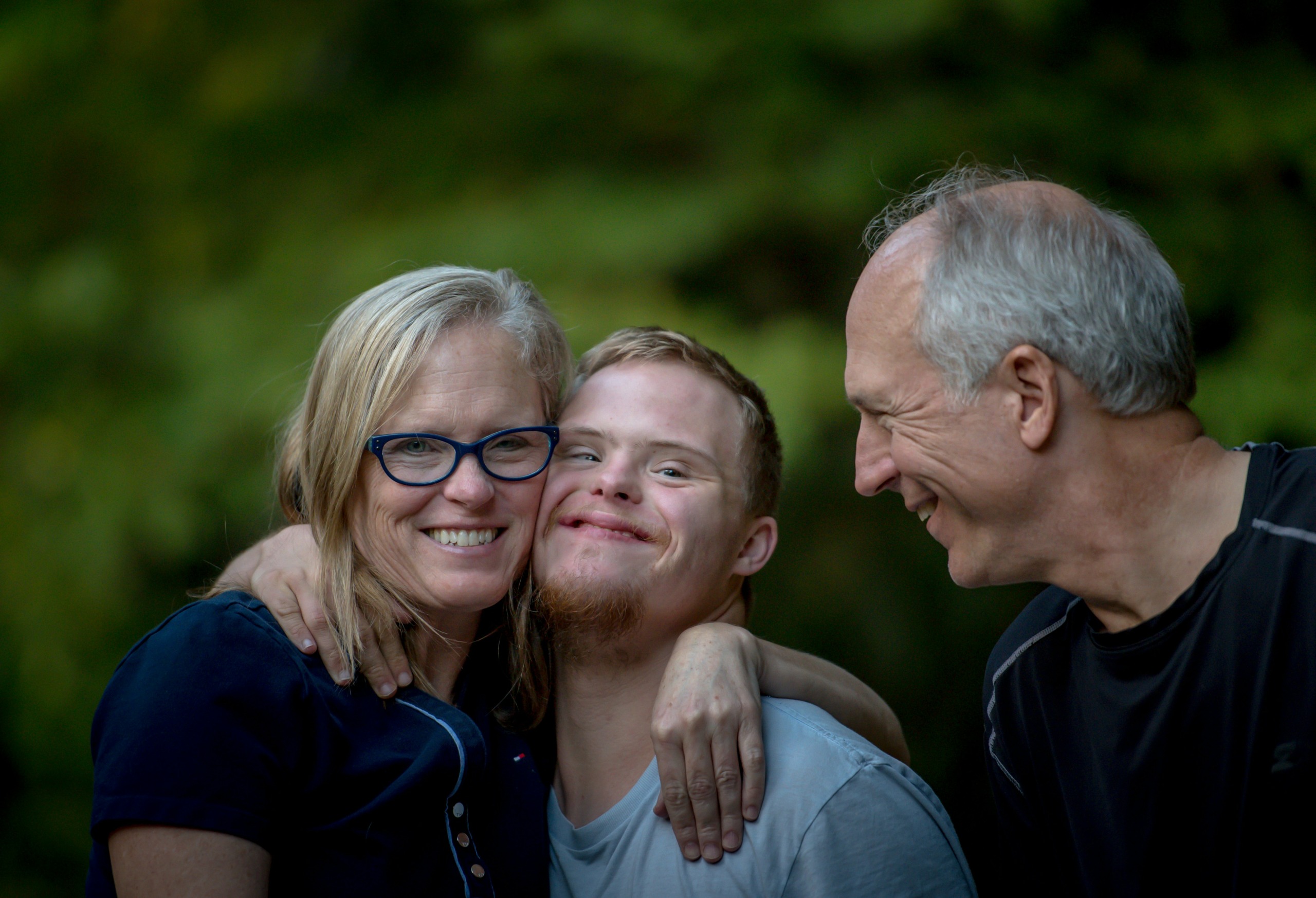That’s a wrap on the 2025 Social Policy Forum

The 2025 Social Policy Forum has come to a close, and what an incredible gathering it was! Over two days, we engaged in powerful conversations, learned from sector leaders, and strengthened our collective vision for a more just and equitable future.
Key takeaways from the event
Inspiring leadership and thought-provoking discussions:
- The Honourable Jodie Wickens shared her vision for the future of children and family services, sparking critical discussions about policy and systemic change.
- The Honourable Sheila Malcolmson set the stage with a compelling opening, reinforcing BC’s commitment to social development and poverty reduction.
- Dr. Jennifer Charlesworth reflected on the “Don’t Look Away” report, emphasizing the urgent need to strengthen support for children and youth in care. As we navigate this critical work, we are guided by Sacred Teachings: Relationship—recognizing our connection to all things; Respect—honouring the sacred in our actions; Relevance—listening and responding to what is needed; Responsibility—fulfilling our duties with integrity; Reciprocity—expressing gratitude for the gifts we receive; and Repair—healing, restoring, and advancing reconciliation. What is your role in upholding these teachings? How will you pledge your support for the well-being of children and youth? What can you contribute to driving change?
Breakout sessions that moved the sector forward
Attendees explored key issues shaping our sector, including:
- Truth, Reconciliation, Decolonization, and Indigenization: an essential conversation on embedding reconciliation into our work.
- Cybersecurity essentials: helping organizations protect their data and digital infrastructure.
- Government relations and advocacy: strategies for influencing policy and amplifying our sector’s voice.
- Achieving success in changing political landscapes: the panel featuring Amber Ruddy, Amanda van Baarsen, and moderator Julia Staub-French discussed the preparations for shifts at both the provincial and federal levels. The conversation underscored the importance of proactive advocacy and strong partnerships.
- Community-led collaboration project: a province-wide initiative that engaged 130+ community organizations and 2,000+ people across 23 BC communities to identify strengths, challenges, and hopes for children and youth with disabilities and support needs. Presenters shared the 11 calls to action and discussed the opportunities for collective advocacy to ensure all children and youth thrive.
- Get Well Canada: Addressing the growing strain on Canada’s healthcare system. This session explored how renewed social investment can reduce pressure on medical services, improve affordability, and enhance the overall quality of life for future generations. Check out the Get Well Canada Toolkit for resources and insights on advancing this important work.
- Workplace mental health and psychological safety: Suncha Satney explored strategies for fostering a psychologically safer workplace in the community social services sector. The session introduced the Wellness Exchange Program and the new Pulse Check tool, which help leaders assess and improve their organization’s psychosocial health and safety.
Thank you for being part of this event!
This forum was a reminder that real change happens when we come together—when we share knowledge, challenge the status quo, and advocate for policies that uplift communities.
We are so grateful to our speakers, panellists, facilitators, and—most importantly—you, our attendees! Thank you for your energy, engagement, and commitment to making a difference.
Let’s keep the momentum going with the Caring for Communities Health and Safety Conference in Prince George!

In partnership with the Community Social Services Health and Safety Association, the Federation invites you to join us for the Caring for Communities Health and Safety Conference.
📅 Dates: April 9–10, 2025
📍 Location: The Marriott Courtyard, Prince George
This two-day event will bring together professionals, advocates, and community leaders to explore key topics in workplace health and safety—mental health, decolonization, and more—all through the lens of the community social services sector.
- Day 1: Preconference—a full day of training workshops.
- Day 2: Conference—keynotes, breakout sessions, and a networking reception.
Stay tuned for more details, including training topics, speakers, and registration information!
Stay in the loop: follow us on LinkedIn and Bluesky for ongoing updates and sector insights!

 Photo by CDC
Photo by CDC Nathan Anderson
Nathan Anderson